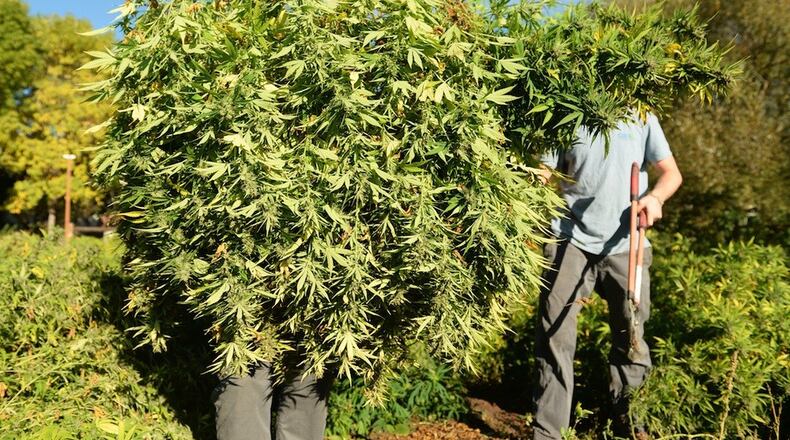In 2018, the federal farm bill removed hemp from the controlled substances list and began treating it like an agricultural commodity.
Related: With help from Congress, US hemp market set to boom
Related: Hemp vs marijuana: What is the difference?
Senate Bill 57 follows federal law and also seeks to clarify state law by removing hemp and hemp derived products like cannabidiol oil from Ohio’s controlled substances list.
“We are distinguishing hemp from marijuana just as the federal government has done and making hemp and hemp products legal for sale,” said state Sen. Steve Huffman, R-Tipp City, in written testimony.
Related: Medical marijuana prices will come down as industry grows in Ohio, experts say
The bill is backed by more than a dozen business groups including the Ohio Chamber of Commerce, NFIB Ohio and Ohio Farm Bureau Federation.
Under the bill, Ohio would establish a hemp cultivating license program that includes background checks. It would be run by the Ohio Department of Agriculture.
Hemp can be used for clothing, paper, carpet, construction materials, rope, cosmetics and other purposes.
Lora Miller of the Ohio Council of Retail Merchants said in written testimony that Ohio is among a handful of states that have yet to legalize hemp.
“Thanks to consumer demand, the production of these products is booming and retail outlets in most other states are taking full advantage of the opportunity for the increased sales,” Miller said. “High-end department stores selling skin care products containing CBD oil have trouble keeping it on the shelves. Ironically, one of those skin care lines is owned by an Ohio business owner who must produce and sell his products in a state other than his own.”
About the Author

